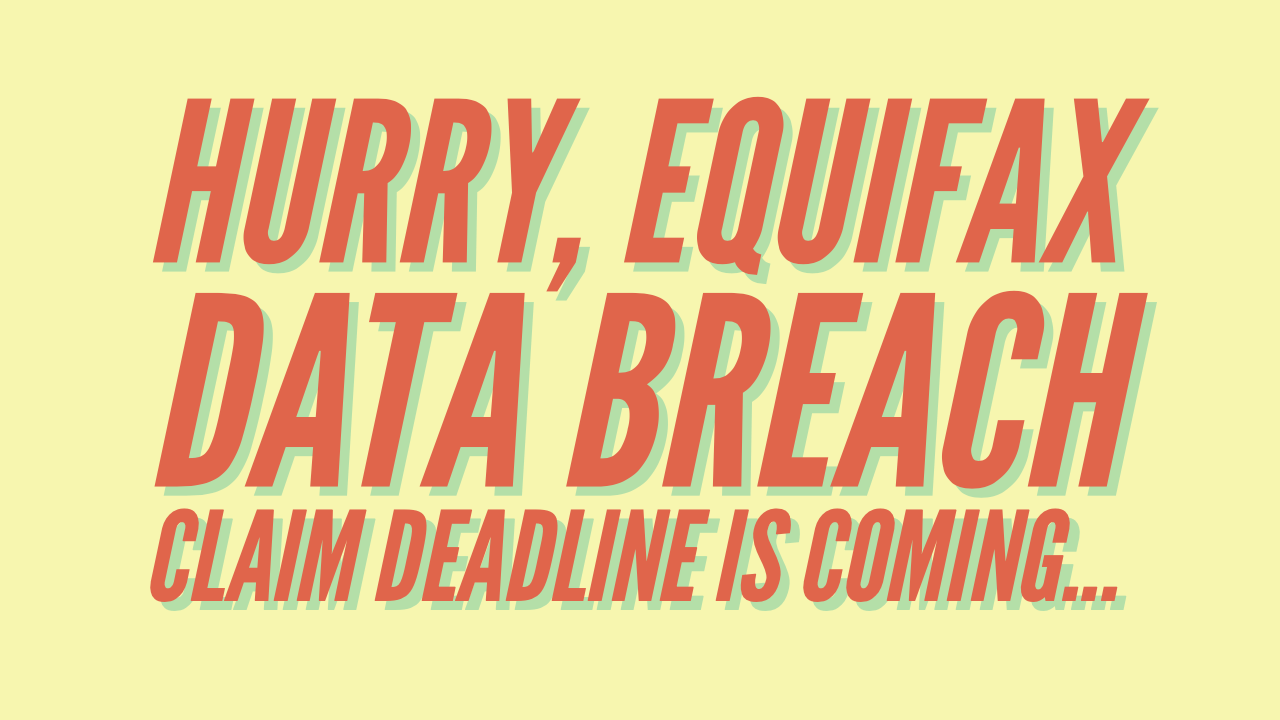Did you know you have a right to a free credit freeze? How about yearlong fraud alerts too? On September 21, 2018, a new federal law went into effect giving Americans access to free credit freezes and fraud alerts.
What’s a Credit Freeze (you may be asking)?
A credit freeze restricts access to your credit information, which makes it harder for you to become a victim of identity theft. If anyone tries to open a new credit account in your name, they will not gain access to your credit file because it’s frozen.
Credit freezes are not permanent. You must contact the credit reporting company (Equifax, Experian and TransUnion) to have a credit freeze lifted. This will allow lenders to gain access to your credit file again.
How Do You Request a Free Credit Freeze?
The quickest way to request a free credit freeze is to contact all three of the credit reporting companies directly by phone or online. The national credit reporting companies are:
Once your request has been received, they must put a credit freeze into effect within one business day. In order to remove a credit freeze, you must contact each of the credit reporting companies again to ask for it to be lifted. They will remove a credit freeze for free within an hour of your phone or online request to do so.
Free credit freeze requests may also be submitted to each credit reporting company via the mail. The credit reporting companies have up to three business days after they receive your request in the mail to place or lift a credit freeze under federal law.
Under the new Economic Growth, Regulatory Relief, and Consumer Protection Act, consumers in some states – those who previously had to pay fees to freeze their credit – will no longer have to do so…
The new law also allows parents to freeze for free the credit of their children who are under 16, while guardians, conservators, and those with a valid power of attorney can get a free freeze for their dependents.
– Federal Trade Commission
What are Fraud Alerts?
A fraud alert notifies businesses to take extra steps to verify your identity before opening any new account. For example, the business may call you before extending any credit. Be sure your contact information (e.g. phone number) is up-to-date should businesses need to contact you.
When you place a fraud alert on your credit report it remains in effect for one year (previously only 90 days).
Why Would You Request a Fraud Alert?
If you’ve been a victim of identity theft, a data breach, lost your wallet or your personal information has been stolen, then having a fraud alert on your credit report will help protect you.
How Do You Request Fraud Alerts?
You must contact one of the three national credit reporting companies (listed above) to place a fraud alert on your credit report. Unlike a credit freeze, once you contact one credit reporting agency, that company must contact the other two to place a fraud alert on your credit report.
Are You a Victim of Identity Theft? If you’ve been a victim of identity theft, please visit IdentityTheft.gov to report it and get a recovery plan.
Photo: paalia






